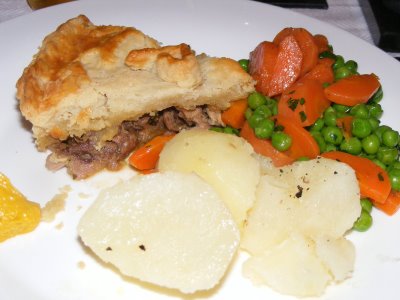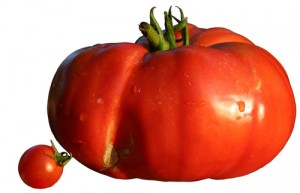A British friend tells you she’s “on pogey”. Should this be cause for celebration or commiseration? Sadly, it’s the latter, as explained in Anglophenia’s list of British terms for the unemployed …
http://www.bbcamerica.com/anglophenia/2012/11/the-brit-list-five-british-terms-for-the-unemployed/
The Brit List: Five British Terms for the Unemployed
A British dole queue. The past.
Made Redundant
Let’s start with the nicest possible way to go from being in gainful employment to not being in gainful employment, when your job ceases to exist. It’s nothing you’ve done wrong, it’s merely that the company cannot sustain your position any more, and as such, they cannot continue to employ you to do whatever it is that you do. However, they will offer some money for your trouble, and if you’ve been there a long time, you get more of it. So it’s a little odd that this upsetting, but impersonal, business practice is called being made redundant, rather than reaching the end of your funding or financially impractial. Might as well call it being surplus to requirements and have done with it.
Get The Sack
A less pleasant version of the above is when you’ve done something wrong, or are perceived to be a fifth wheel, and suddenly find yourself out of work with no severance pay or anything except a testy “you got 10 minutes to clear your desk, GO.”
The phrase dates back to 17th century France, where tradesmen would carry their tools in a hessian bag or sack. If they were sacked, they’d have to get the sack to put their stuff in. The phrase didn’t actually make its way across to England until the early 1800s, and by then it was already abstracted, to include all people in employment. In the North of England, they stuck with get the bag for a while, and in London get the empty was preferred.
Get the Spanish archer
As with get the sack, or sacked, this is a variation on a fairly well-known phrase. Sometimes a sacking comes with a suggestion of physical assault – most commonly from the boot or elbow, as in get the elbow or get the boot – as if you’re literally being barged or kicked out of a job. Well, if you then take get the elbow as your starting phrase, it wouldn’t take too long for a witty mind to try and come up with further variations, to find an artful or comedic way of saying the same thing. Get the Spanish archer is a perfect example, because what would a Spanish archer be called (to a mocking British mind)? El Bow, naturally.
On The Dole
The benefit paid out to unemployed people in the UK has been known as the dole since the end of the First World War. The word comes from the term doling-out, as it was seen as a charitable gift from the state, after the trauma of war. A typical early reference appeared in the 1919 Daily Mail, in which they tell claimants “you won’t draw your out-of-work dole of 29s. this week.”
This then informed all future references to unemployment benefit, from Dole Office (where you go to sign on) to being on the dole to being a dole-ite (if you were unemployed for a long time).
Soon it found its way into popular song, from “Doledrums” by the La’s to “Love on the Dole” by the Libertines, to “All The Way From Memphis” by Mott The Hoople:
“It’s a mighty long way down rock ‘n’ roll, from Top of the Pops to drawing the dole”
On Pogey
Another slang term for unemployment benefit, this time coming from the Scottish term for a workhouse: pogie. The workhouse would be where people with no money would end up, and so going on pogey became a hand-me-down expression for taking the welfare check. Sadly it never made it to a Mott the Hoople song.
















